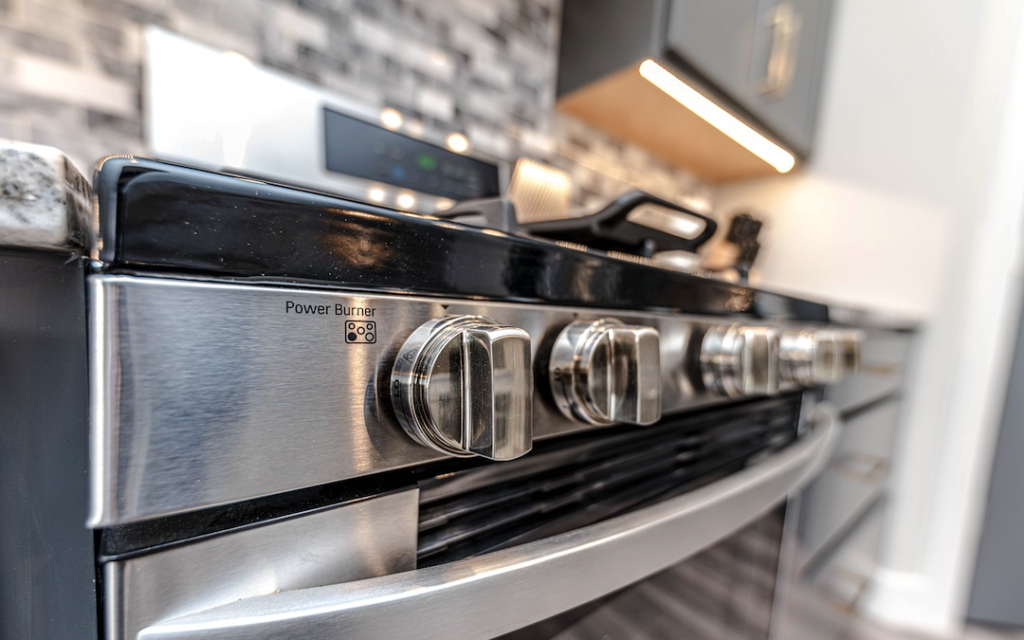Introduction
When it comes to maintaining your home, appliance upkeep is crucial for your machines’ longevity and optimal performance. Scheduling an appliance repair can seem daunting if you are unfamiliar with the process. This comprehensive guide will walk you through every aspect of preparing for, managing, and following up on an appliance repair, ensuring you know what to expect every step of the way.
Identifying the Need for Repair
Common Signs Your Appliance Needs Repair
It’s important to recognize the early signs that your appliance may be failing. Unusual noises, such as grinding, buzzing, or ticking, often indicate mechanical issues that need professional attention. Increased energy bills can suggest that your appliance is working harder than normal, reducing efficiency. If your refrigerator isn’t cooling, your oven isn’t heating, or your washing machine isn’t spinning properly, these are clear signs that something’s wrong.
Troubleshooting Tips
Before calling in a professional, perform simple checks like ensuring the appliance is plugged in, settings are correct, and no circuit breakers have been tripped. If the problem persists after these basic steps, it may be time to consult a technician.
Choosing the Right Repair Service
Researching Providers
Start by reading online reviews and asking friends and family for recommendations. A reputable appliance repair service provider will have mostly positive feedback and testimonials to back up its expertise.
Verifying Qualifications and Certifications
Ensure that any hired technician is licensed and certified to work on your specific brand and model. This guarantees they have the necessary skills and are up-to-date with industry standards.
Understanding Repair Costs
Research the average cost of repairs for your appliance to prepare financially and avoid overcharges. Always request a detailed quote before agreeing to services to ensure transparency.
Preparing for the Repair Appointment
Scheduling the Appointment
Choose a date and time that minimizes disruption to your routine. Most companies offer a time frame for the technician’s arrival, so plan accordingly.
What to Do Before the Technician Arrives
Prepare for the technician’s visit by clearing any obstructions to the appliance and gathering relevant documents like warranties and prior repair records.
What to Expect During the Visit
The repair process typically begins with diagnostics to identify the problem, followed by a discussion of the findings. Be sure to ask about the cause of the issue and the necessary repairs.
During the Repair
Understanding Common Repairs
Each appliance has common issues; refrigerators may have compressor problems, washers may struggle with motor issues, and ovens might face heating element failures. Knowing these can help you understand the scope of work and the parts involved.
Interacting with the Technician
Effective communication is key. Clarify any concerns and ensure you understand the repairs that will be performed. Agreeing to the work beforehand can prevent disputes about the service later on.
To Tip or Not to Tip?
Understanding Tipping Etiquette
While not mandatory, tipping an appliance repair technician is a nice gesture to acknowledge the technician’s effort, especially if the service is exceptional. A 10-20% tip can be appropriate, depending on the complexity and quality of the service provided.
Factors Influencing Tipping
Consider the level of service, the difficulty of the repair, and whether the technician had to go above and beyond to fix the appliance.
How Tipping Can Affect Future Service
A small tip can help build a rapport with your service provider, potentially ensuring quicker service and minor complimentary fixes in future interactions.
Post-Repair Considerations
Testing the Appliance
Before the technician leaves, make sure the appliance is functioning properly. Run it through a basic cycle or test to verify everything is in order.
Warranty and Guarantees
Discuss any warranties or guarantees provided with the repair to understand what is covered and for how long. This is crucial for protecting your appliance and your investment.
Maintenance Tips
Adopt preventative maintenance practices such as regular cleaning and inspections to reduce the likelihood of future breakdowns. Your technician can provide tailored advice based on your appliance.
When Repairs Are Not Enough
Deciding to Repair or Replace
If the repair cost approaches 50% of the cost of a new appliance, replacing it might be more economical. When deciding, consider energy efficiency, improved features, and warranty options.
Tips for Disposing of Old Appliances
Proper disposal of appliances is important. Look for recycling programs or donation options to ensure environmentally friendly practices.
Conclusion
Knowing what to expect during an appliance repair can greatly reduce the stress and uncertainty involved. By being prepared and informed, you can ensure that your appliances receive the care they need, prolonging their lifespan and efficiency.
